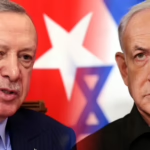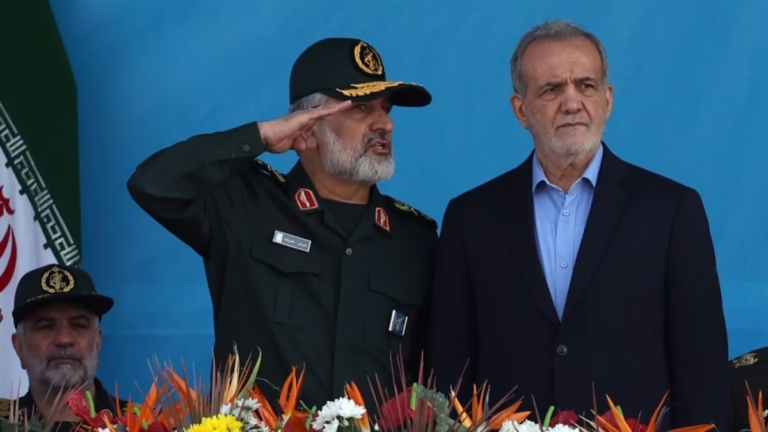President Masoud Pezeshkian asserts that Tehran is prepared to “surmount challenges” even if comprehensive UN sanctions are reinstated.
Iran’s highest security authority has issued a stern warning that efforts by France, Germany, and the United Kingdom to reactivate international sanctions will lead to a “de facto halt” in its collaboration with the United Nations nuclear monitoring agency.
This statement from the Supreme National Security Council (SNSC) was released on Saturday, following the United Nations Security Council’s (UNSC) failure to pass a resolution aimed at permanently lifting sanctions on Iran.
The vote was prompted after the trio of European countries initiated a 30-day procedure on August 28 to reinstate UN sanctions, alleging that Tehran breached the 2015 nuclear agreement designed to limit its nuclear activities.
Both Russia and China, also parties to the agreement, have opposed the attempt to activate the so-called “snapback” sanctions mechanism.
Chairing the SNSC, President Masoud Pezeshkian condemned the European nations’ move as “ill-advised,” emphasizing that it jeopardizes months of diplomatic efforts with the International Atomic Energy Agency (IAEA) to restore inspections and ensure adherence to international standards.
“Despite the Islamic Republic’s Ministry of Foreign Affairs cooperating with the IAEA and proposing solutions to resolve nuclear concerns, the European countries’ actions will effectively disrupt ongoing cooperation with the Agency,” the SNSC declared.
Earlier this month, Iran and the IAEA reached an agreement to resume inspections at nuclear facilities, including sites targeted by the United States and Israel in June, following talks held in Cairo, Egypt.
Iranian Deputy Foreign Minister Kazem Gharibabadi warned on Iran’s IRIB television that the recent Cairo agreement with the IAEA could be “completely halted… unless significant diplomatic progress is made.”
Under the Joint Comprehensive Plan of Action (JCPOA), signed by Iran, China, Russia, the United States, and the European trio, Iran committed to limiting its nuclear program in exchange for sanctions relief. However, the deal unraveled in 2018 when then-US President Donald Trump withdrew and imposed unilateral sanctions.
The IAEA reported earlier this year that Iran now holds over 400 kilograms (approximately 882 pounds) of uranium enriched to 60 percent purity, nearing weapons-grade levels.
Iran maintains that its nuclear activities are strictly for peaceful purposes.
The UNSC vote on Friday paves the way for the “snapback” sanctions to potentially come into force as soon as the following Sunday.
These sanctions would reinstate an arms embargo, prohibit uranium enrichment and reprocessing, ban ballistic missile-related activities, and impose stringent global asset freezes and travel restrictions on Iranian individuals and organizations.
The European trio had previously proposed postponing the snapback for up to six months if Iran allowed UN nuclear inspectors full access and engaged in negotiations with the United States.
Facing the imminent threat of extensive sanctions, President Pezeshkian defiantly vowed on Saturday that Iran will “conquer the challenges” ahead, asserting that “those who wish ill upon this nation cannot obstruct our path.”
“It is utterly impossible to halt those who possess the resolve, determination, and capability to progress,” Pezeshkian told Iran’s Press TV.
“We have never yielded and will never yield to unreasonable demands because we hold the power to effect change,” he added.
Addressing the US-supported Israeli strikes on Iran’s nuclear sites, including Natanz and Fordow, the president affirmed that while adversaries aim to dismantle these facilities, Iranian experts and scientists “will restore and rebuild them.”
Following Saturday’s meeting, the SNSC directed Iran’s Foreign Ministry to persist in “consultations” with the IAEA, emphasizing that Iran’s foreign policy amid current tensions “will focus on cooperation to promote peace and stability in the region.”

















